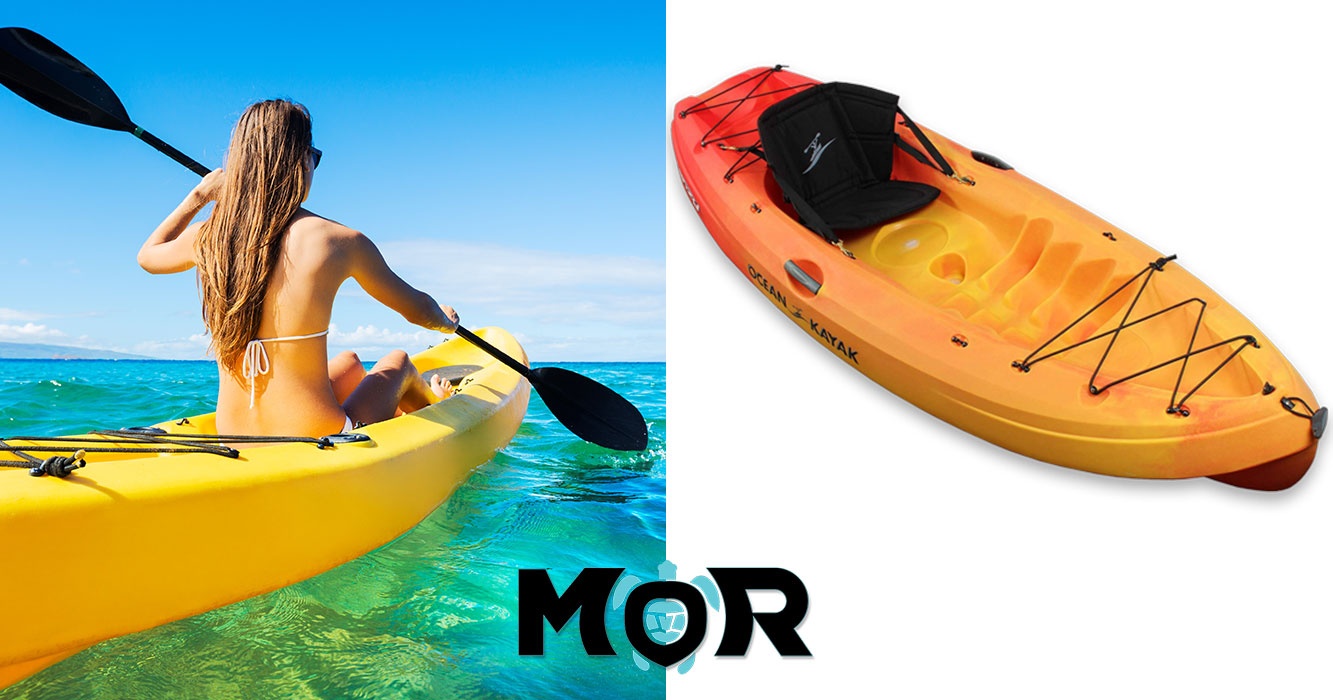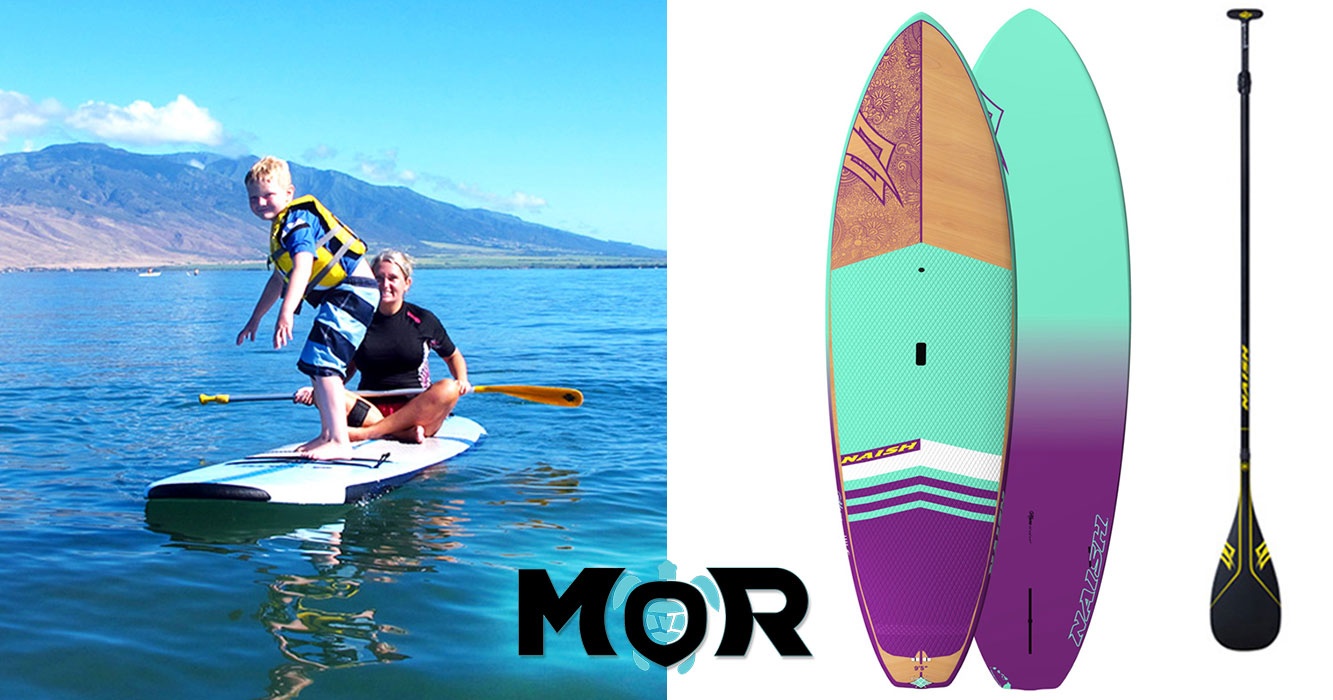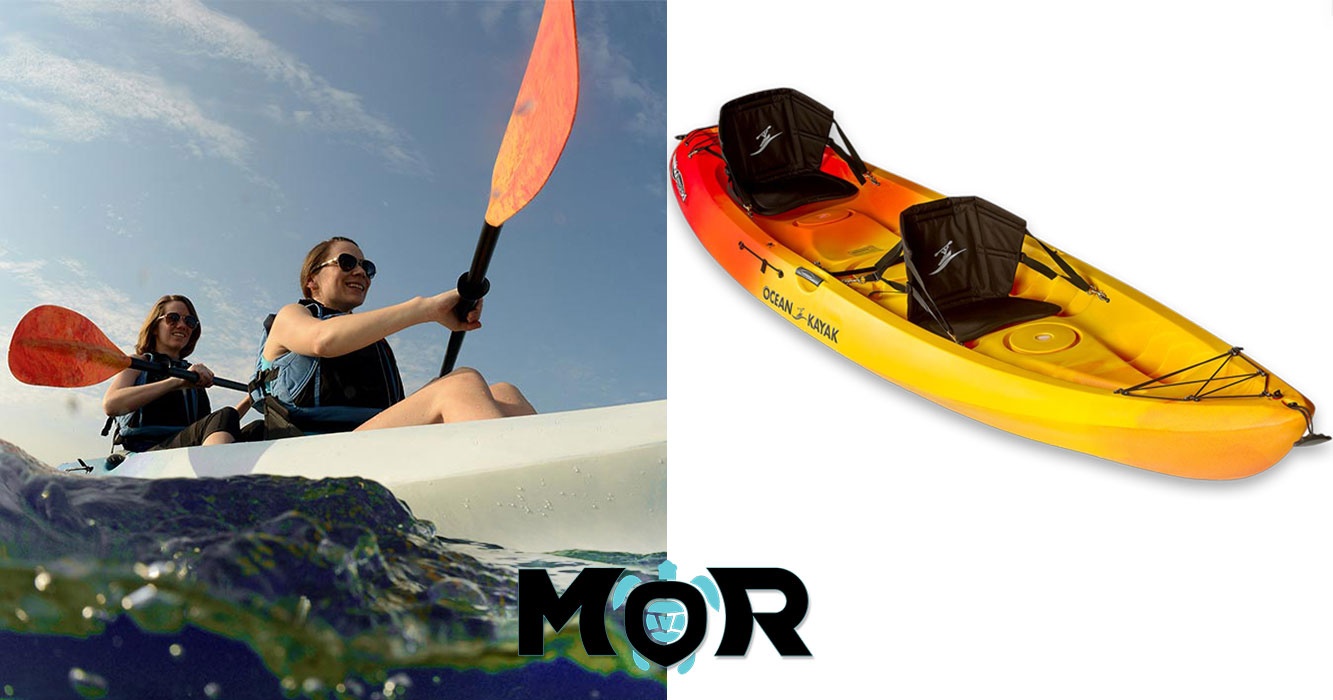
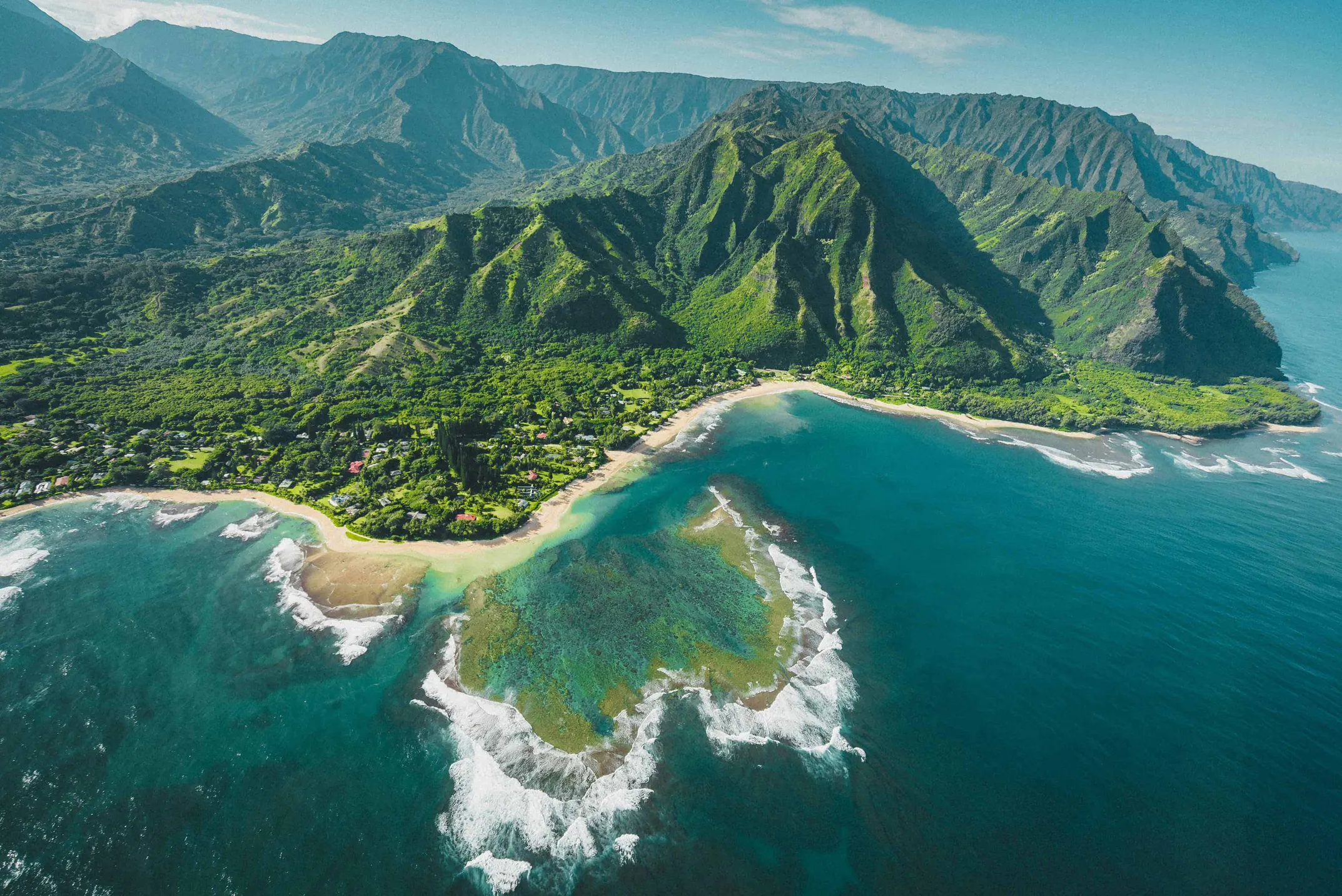
Whispers of Oʻahu: A Pono Path to Meaningful Travel
Learn the authentic Hawaiian way of traveling with respect, responsibility, and aloha
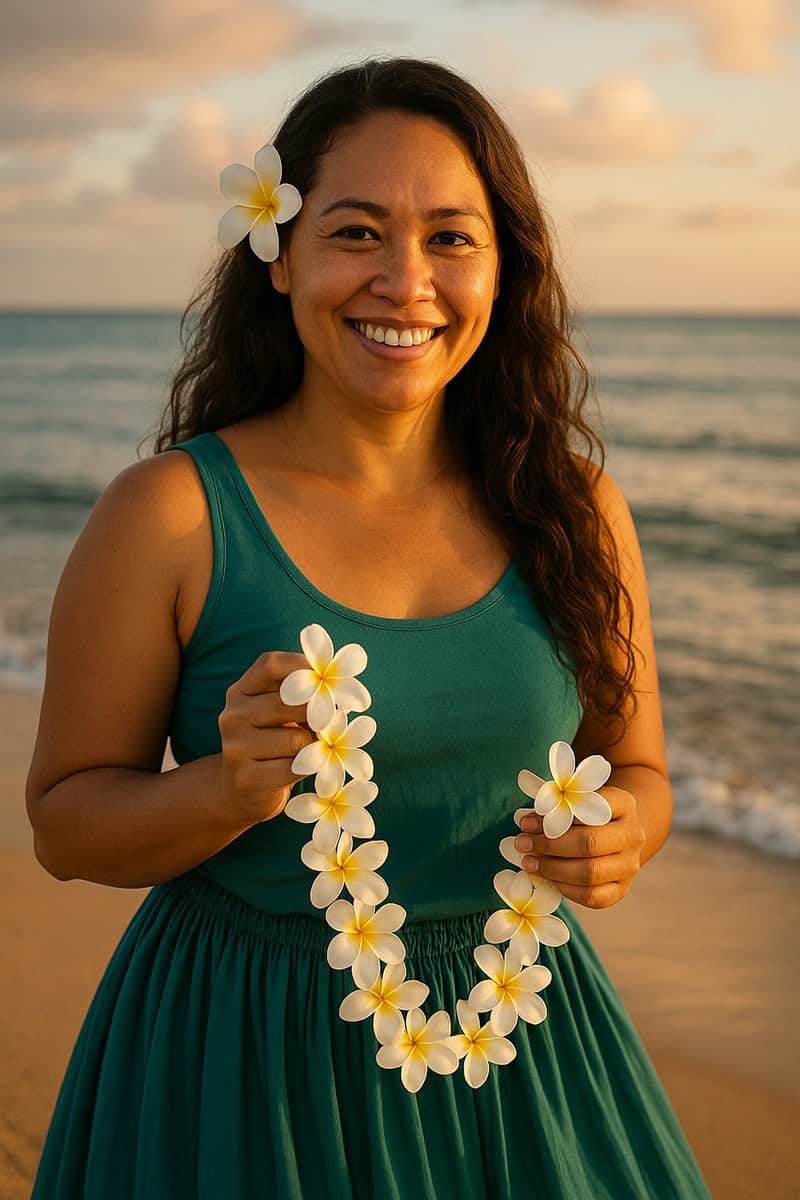
Written by a Local Cultural Guide
Leilani AkoThe first time I watched my tutu place her hands on the warm sand of Kailua Beach, she whispered something that changed how I see visitors to our island home. "The ʻāina speaks to those who listen with their hearts," she said. "But first, they must learn to walk pono."
Growing up here on Oʻahu, I've seen tourism from both sides. I've watched visitors rush from one photo spot to the next, missing the deeper stories woven into every wave and mountain ridge. But I've also had the joy of sharing our island with travelers who approach Hawaiʻi with open hearts and genuine respect. These are the people who discover what it truly means to travel pono.
.BcLHvzsC_Z1yBsof.webp)
The Call of Pono: Understanding a Deeper Way to Travel in Oʻahu
When I teach hula to visitors at community workshops, I always start with the same lesson my tutu taught me. Hula isn't just movement. It's conversation with the land, the sea, and the stories of our ancestors. Travel pono works the same way. It's not just visiting places. It's building relationships.
What is "Travel Pono"? More Than Just a Catchphrase
Travel pono means exploring with deep care and intention. It's about offering your kokua to protect Hawaiʻi's natural treasures, vibrant cultures, and welcoming communities. This approach moves you from watching to participating in the well-being of our island.
The word "pono" sits at the heart of everything we do here. In Hawaiian, pono means "to do what is right." But it goes deeper than simple correctness. Pono embodies balance, harmony, and proper procedure. It's how we align ourselves with the natural and social order around us.
Clifford Naeʻole, a respected cultural advisor, explains traveling pono as honoring the past without forcing change. He says to "think 'village' versus 'city'; to ask rather than demand." This shifts you from tourist to thoughtful participant.
Introducing "Kuleana" and "Mālama": The Pillars of Pono Travel
Two other Hawaiian concepts support travel pono. "Kuleana" means both responsibility and privilege. The chance to experience Oʻahu's wonders comes with a duty to care for them. Responsibility becomes an honored role, not a burden.
"Mālama" means to take care of, tend, care for, preserve, protect. It's how pono and kuleana come alive through action. When we say "mālama Oʻahu," we mean actively caring for our island. This includes mālama ʻāina (caring for the land) and mālama kai (caring for the sea).
These concepts connect like links in a lei. Pono provides the guiding light. Kuleana is accepting your role in upholding this principle. Mālama is the loving action that brings these values to life. Together, they transform travel into an empowering journey of personal commitment and active participation.
Why Travel Pono in Oʻahu is More Important Than Ever
Oʻahu welcomes millions of visitors each year. This popularity brings economic benefits but also places pressure on our environment, infrastructure, and communities. We need balance between welcoming the world and protecting our island's unique soul. Travel pono offers that pathway.
Tourism is changing from sustainability (doing no harm) toward regenerative travel. This approach encourages visitors to leave places better than they found them. Oʻahu is moving toward this model through initiatives like our Destination Management Action Plan.
The rewards work both ways. For visitors, travel pono unlocks authentic, meaningful experiences that resonate long after returning home. For Oʻahu, it means preserving our natural beauty, cultural integrity, and quality of life for residents.
🌺 Cultural Respect & Sacred Sites
Learn proper etiquette for visiting heiau, understanding moʻolelo, and participating in authentic cultural experiences.
🌿 Environmental Care
Discover how to mālama ʻāina and kai through reef-safe practices, Leave No Trace principles, and sustainable choices.
🐢 Wildlife Guidelines
Understand safe distances and respectful behavior when encountering honu, monk seals, whales, and dolphins.
🤝 Community Support
Learn how to support local businesses, practice driving with aloha, and respect residential neighborhoods.
Key Hawaiian Terms for Your Journey
- Pono: Righteousness, balance, to do what is right
- Kuleana: Responsibility, privilege, accepted duty
- Mālama: To care for, protect, preserve, tend to
- Kokua: Help, assistance, cooperation
- ʻĀina: Land, that which feeds
- Kai: Ocean, sea, the lifeblood surrounding islands
- Aloha: Love, compassion, hello, goodbye
- Mahalo: Thank you, gratitude
- ʻOhana: Family, community
- Heiau: Sacred Hawaiian temple
- Moʻomeheu: Culture, traditions
- Moʻolelo: Story, history, legend, cultural knowledge
Learning these terms shows your willingness to engage authentically with our culture. Using them respectfully is itself a form of pono.
Ready to Travel Pono?
Explore each section to deepen your understanding of respectful travel in Oʻahu. Your mindful choices make a difference.
Start Your Pono Journey🧭 Pono Travel Guide
- Cultural Respect
Sacred sites & traditions
- Environmental Care
Protect land & ocean
- Wildlife Guidelines
Safe viewing distances
- Community Support
Local businesses & respect
- Giving Back
Voluntourism opportunities
- Resources
Practical information
⭐ Core Principles
Pono
Do what is right
Kuleana
Accept responsibility
Mālama
Care & protect
✅ Quick Guide
DO:
- • Use reef-safe sunscreen
- • Learn basic Hawaiian words
- • Support local businesses
- • Stay on marked trails
DON'T:
- • Touch coral or wildlife
- • Take lava rocks/sand
- • Ignore sacred sites
- • Litter or leave traces
📚 Deepen Your Understanding
Travel pono is a journey, not a destination. Each section builds on the principles of respect, responsibility, and care.
Begin Learning